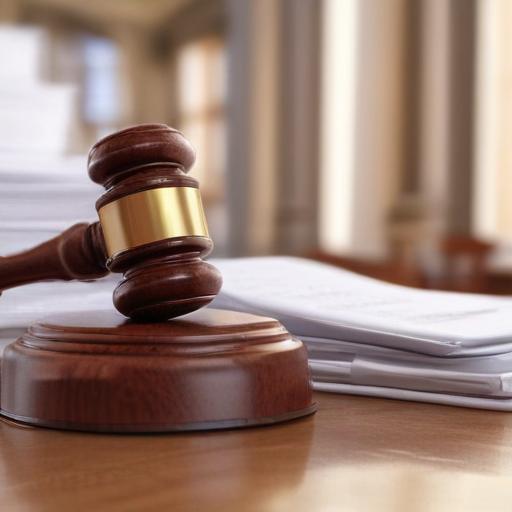The Maryland State Board of Elections is facing a lawsuit from five unaffiliated voters who argue that the use of taxpayer funds for primary elections in which they are not allowed to vote is unconstitutional. The plaintiffs—Serena Bryson, Kimberle Fields, Amber Ivey, Robert Sartwell, and Dona Sauerburger—claim that this situation violates their voting rights.
In Maryland, primary elections are classified as “partially closed,” meaning that unaffiliated voters, along with those from the Green Party and Libertarian Party, can only participate in primaries if they receive permission from the respective parties. This limitation affects nearly one-quarter of Maryland’s voters, approximately 950,000 individuals, whose numbers have increased from 16% in 2012, reflecting a broader national trend of rising independent voter registration.
The plaintiffs are represented by Boyd Rutherford, a former lieutenant governor under Governor Larry Hogan. Rutherford stated that while they do not seek to force political parties to accept unaffiliated voters in partisan primaries, their aim is to stop the state from funding primary elections that exclude these voters.
Rutherford’s law firm noted that 37 states have adopted open primaries, with recent reforms in states like New Mexico, which will allow independent voters to participate in its primaries starting in 2026. Rutherford expressed hope that their lawsuit will help increase voter turnout and advocate for disenfranchised voters.
The issue is currently under scrutiny as WTOP seeks comments from the Maryland Board of Elections. This legal challenge highlights an ongoing debate about the inclusiveness of the electoral process and the rights of unaffiliated voters across the nation.
Maintaining the integrity of democratic participation is crucial, and this case could pave the way for more reform in electoral processes to ensure that every voter has a voice.
